

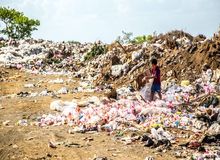
It is the first increase in the last 20 years, says the UN. The conflict in Ukraine is further aggravating the situation.

Some pediatric researchers estimate that 5 million minors have lost a parent or caregiver due to Covid-19. “The impact on a psychological level is very strong”, explains a Christian psychologist.

Tearfund encourages people to get supporters to sponsor them to wear only 10 items of clothes for one month and use the money to help vulnerable communities.
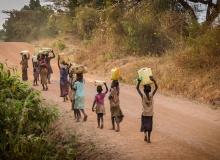
The Swiss Evangelical Alliance invites churches “to dedicate a Sunday service to reflect on children in need", under the theme ‘To leave no child behind’.
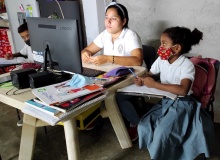
Alianza Solidaria seeks to launch a digital classroom project to stop school dropouts among children from Latin American vulnerable families.
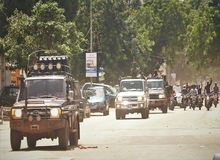
The military announced a government of national unity. Guinean evangelicals ask to pray “for the unity of the church, socio-political stability and support to promote the gospel”.
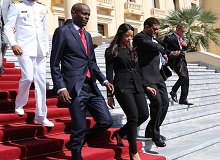
Christian organisations in Haiti alert about the surge of “kidnappings and robbery” in a country where 75% of the population is below the poverty line.
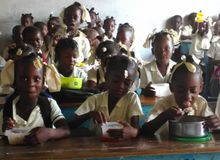
As the pandemic has worsened the crisis in the country, evangelicals have launched a project to provide food for hundreds of school children.

Human rights groups are pointing to the country, and Christians are one of the most affected groups. We interview James Akinyele, Secretary General of the Nigeria Evangelical Fellowship.

With around 420,000 deaths and rocketing unemployment, pastors hope churches can be “a refuge” in the midst of a severe crisis. “It is the biggest challenge of my professional life”, says an evangelical doctor.

The Bible only divides birds into two groups: clean and unclean.

After the blast that killed over 100 people, the residents of the biggest Equatorial Guinean city are “starting to recover”, says an evangelical aid worker on the ground.

Gatherings of more than 8 to 10 people are dangerous. Nevertheless, they see their church growing. “Even if they can’t have [Christian] literature anymore, they still have the broadcasts. Some use the content of these spiritual programs for their small group services”.
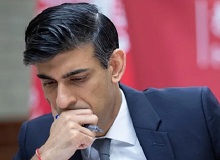
The idea of jubilee articulated in the Old Testament points to an entirely different economic model from the one fuelled by debt and interest which financialised capitalism depends on.
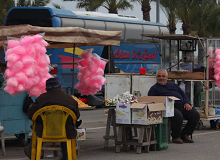
Until the rulers change, and the corrupt system of lax laws lets up on its suffering of people, what are some things the Church in Lebanon and elsewhere can do?
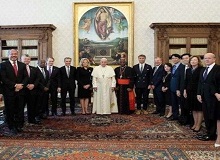
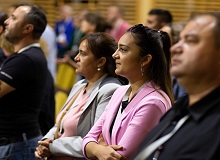
‘Roma Networks’ helps build healthy regional partnerships to respond to challenges such as children education, East-West migrations, and the holistic training of young Christian leaders.
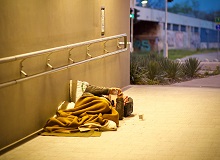
The existing differences between countries and regions could be aggravated by the Covid-19 crisis in the years to come.
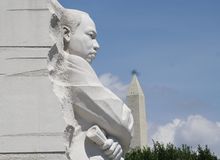
Mercy is more than offering forgiveness, it includes loving-kindness, pity for those who are suffering and being gracious.
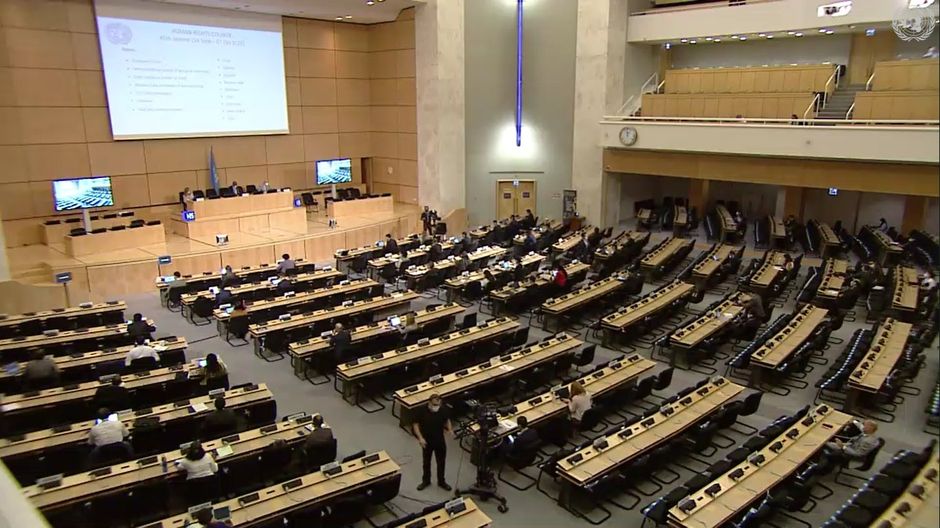
During the 45th session of the UN Human Rights Council, the WEA calls on Zimbabwean government “to address the causes of the country crisis, [...] to prevent violations of fundamental rights”.
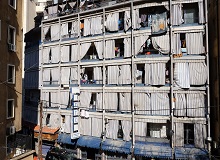
In 2019, the Lebanese pound began to lose its value, in November, the Lebanese lost their savings in the banks, and in March 2020, as the pandemic settled in, the situation worsened exponentially. And then, the Beirut explosion.
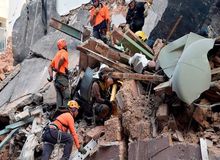
Beirut is still recovering, in the midst of an economic crisis. “Churches are on the streets, helping those in need, praying with them and giving free bibles”.

The authors of the coup have met with different religious leaders in the country. “We are often consulted, and much respected”, Christians in the country say.

Covid-19 exposes the stark inequalities of our world as it wreaks havoc most on those for whom lockdown means no money and no food and who don’t have access to the basics of clean water and soap let alone a garden or park.

“Churches were shut, but many have never been busier”, said the United Kingdom Evangelical Alliance as the findings of the survey ‘Changing church: Responding to the coronavirus crisis’ were presented.

Las opiniones vertidas por nuestros colaboradores se realizan a nivel personal, pudiendo coincidir o no con la postura de la dirección de Protestante Digital.